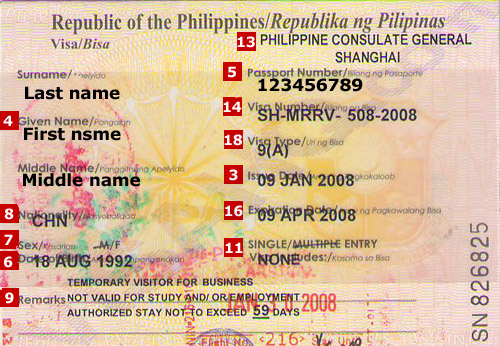Philippines Embassy list in Dominican Republic
Need help?Chat with us
Why Trip Registration at the Philippines Embassy is Important
Registering your trip with the Philippines embassy is crucial for ensuring your safety and maintaining effective communication during your travels. In the event of a natural disaster, like a hurricane or earthquake, the embassy can quickly provide vital information and support. For instance, if you’re in a region affected by flooding, the embassy can guide you on evacuation routes and safety measures. Additionally, in cases of political unrest or protests, being registered allows the embassy to locate and assist you more efficiently, helping you navigate through potential hazards. Furthermore, should you face medical emergencies abroad, the embassy can facilitate communication with local healthcare providers and offer assistance in managing your situation. Overall, registration enhances your security and ensures you receive timely support in critical circumstances.
Philippines Embassy FAQs
Can the Philippines embassy assist in legal issues abroad? Yes, the Philippines embassy can provide assistance in legal matters, including referrals to local attorneys and guidance on navigating the legal system in the Dominican Republic.
What should I do if I lose my Philippines passport in Dominican Republic? If you lose your passport, report it immediately to the local authorities and contact the Philippines embassy for assistance in obtaining a replacement passport.
Can the embassy help me find a job in the Dominican Republic? The embassy does not directly provide job placements but can offer resources and referrals to agencies that specialize in employment services for Filipinos abroad.
What should I do if I am detained by local authorities? Contact the Philippines embassy immediately for assistance. They can help ensure that your rights are protected and may facilitate communication with local legal resources.
Does the embassy offer language assistance? Yes, the embassy can provide language assistance or translation services to help bridge communication gaps during your visit.
Services Provided by Philippines Embassies in Dominican Republic
Passport Services
- Issuance of new passports
- Renewal of expired passports
- Lost passport replacement
Visa Issuance for Foreign Nationals
- Processing of visa applications
- Information on visa requirements
- Assistance with visa renewals
Assistance in Legal or Medical Emergencies
- Legal referrals to local attorneys
- Support for medical emergencies
- Coordination for safe repatriation if necessary
Travel Alerts and Safety Updates
- Issuing travel advisories
- Providing updates on safety issues
- Information on local laws and customs
Support for Nationals Detained Abroad
- Legal assistance for detained individuals
- Monitoring case progress
- Facilitating communication with family back home
Summarized Diplomatic Presence
The Philippines maintains a significant diplomatic presence in the Dominican Republic, primarily through its embassy located in the capital, Santo Domingo. This embassy serves to strengthen bilateral relations, providing essential services to Filipino nationals and fostering international cooperation. Its primary functions include protecting the rights of citizens abroad, facilitating trade and investment exchanges, and enhancing cultural ties between the two nations. By addressing the needs of Filipinos and promoting mutual interests, the embassy plays a vital role in nurturing diplomatic relations and advancing the overarching goals of both countries.
